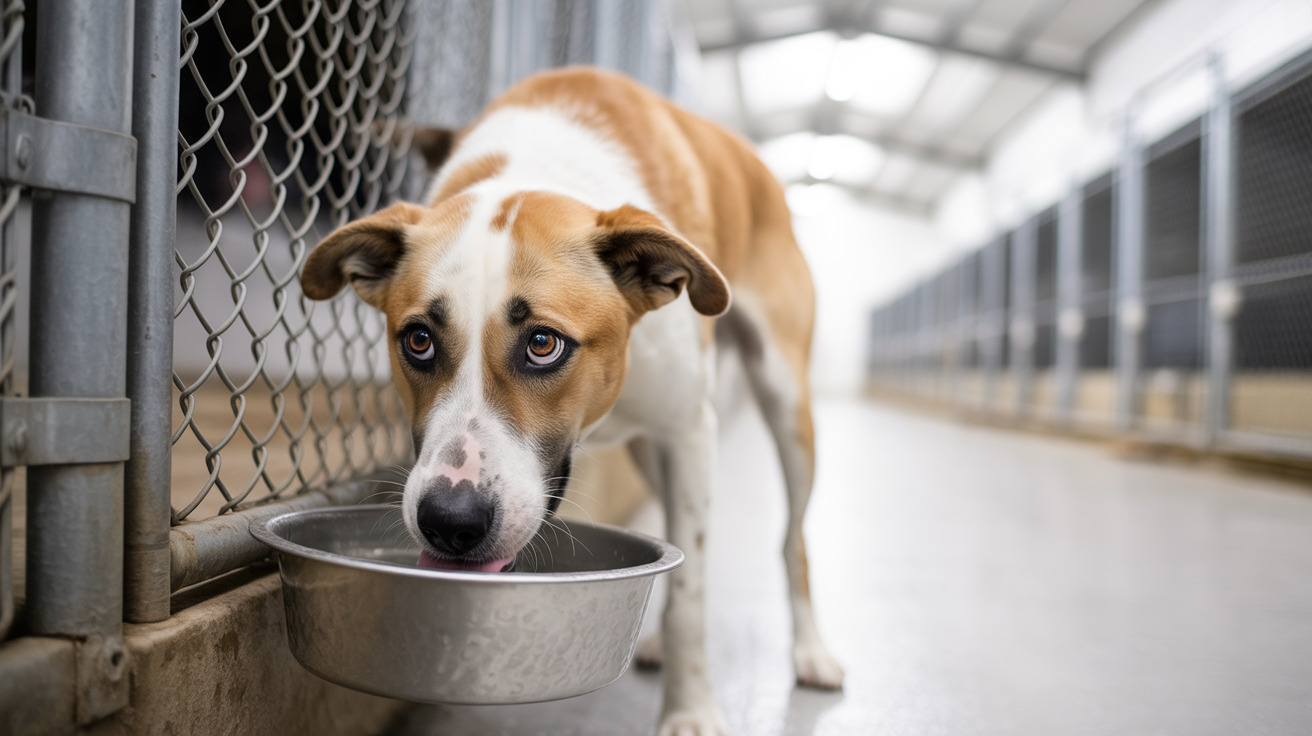Why You Should Never Feed Your Dog Deli Meat
Feeding your dog the wrong kind of meat can have serious consequences. Among meats that are unsafe,
deli meats top the list. These processed items are often packed with additives and seasonings that may be harmful or even toxic to dogs. While a small piece may not cause immediate harm, regular consumption can pose significant health threats.
What Makes Deli Meats Harmful to Dogs?
Deli meats, including ham, salami, and bologna, are highly processed and unsuitable for canine consumption due to their composition. Here are the primary concerns:
- High Sodium Content: Dogs have a much lower tolerance for salt than humans. Excessive sodium can lead to dehydration, high blood pressure, and in severe cases, salt poisoning—leading to tremors, seizures, or even death.
- Preservatives and Additives: Ingredients like nitrates and nitrites used in curing meats are associated with increased cancer risk. Deli meats may also contain artificial colors and flavor enhancers like MSG, which serve no nutritional purpose for dogs.
- Toxic Seasonings: Onion and garlic powders are common in deli meats and are highly toxic to dogs. These compounds can damage red blood cells and cause life-threatening anemia.
- High Fat Content: Fatty meats such as salami can irritate a dog’s digestive system and potentially lead to pancreatitis, an extremely painful and possibly fatal condition.
Symptoms of Deli Meat Ingestion
If your dog consumes deli meat, be on the lookout for symptoms such as:
- Vomiting
- Diarrhea
- Loss of appetite
- Lethargy and weakness
- Excessive thirst or urination
- Tremors or seizures
Severe cases may lead to neurological symptoms, abdominal pain, and in rare instances, coma. Immediate veterinary care is crucial if these signs appear.
The Risk of Foodborne Illnesses
In addition to the chemical concerns, deli meats can carry harmful bacteria such as
Listeria monocytogenes. Infection in dogs can manifest as gastrointestinal upset, fever, neurological dysfunction, or death in serious cases. Symptoms may appear days or even weeks after ingestion.
What to Do If Your Dog Eats Deli Meat
If your dog accidentally consumes a small amount of unseasoned deli meat:
- Provide plenty of fresh drinking water.
- Monitor for signs of digestive or neurological issues.
- If symptoms develop, contact your veterinarian immediately.
- For mild symptoms, a bland diet of boiled rice and plain chicken may help.
- You may also use veterinarian-approved probiotic supplements to soothe minor upset.
Wraps and packaging should also be kept out of reach as they pose a serious choking or intestinal obstruction hazard.
Recommended Meat Alternatives for Dogs
If you want to treat your dog with meat, consider healthier, safer options:
- Plain, boiled or baked chicken breast (no seasoning)
- Lean beef, cooked thoroughly
- Pork, unseasoned and fully cooked
- Eggs, scrambled or boiled with no additives
- Commercial dog treats specifically formulated without salt or preservatives
Veterinary experts caution against
raw meat diets due to the risk of pathogenic contamination. Cook all meat thoroughly to avoid transmitting harmful bacteria or parasites.
Feeding Tips and Nutritional Balance
Dogs have different nutritional needs than humans. Any treats or meat additions should comprise less than 10% of their total daily caloric intake. Also:
- Avoid seasoning meat with salt, spices, or fats.
- Always check meat for visible additives or sauces.
- Introduce new foods gradually to monitor for allergic reactions or intolerance.
Summary: Avoid Deli Meats at All Costs
Never deliberately feed your dog deli meats—especially those that are well-seasoned or fatty. The dangers from salt, fat, chemical preservatives, and toxic additives far outweigh any minor benefit. Instead, reach for plain, unprocessed, and dog-safe meats to reward your pet. When in doubt, consult your veterinarian to determine the safest dietary options for your dog's specific needs.





